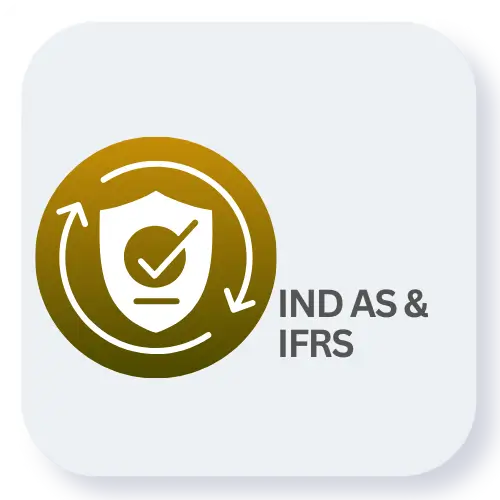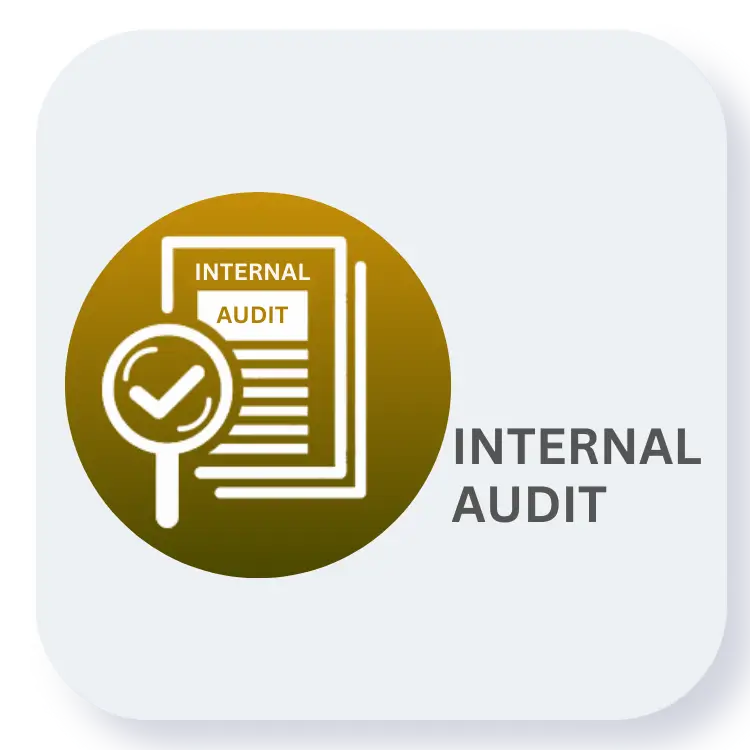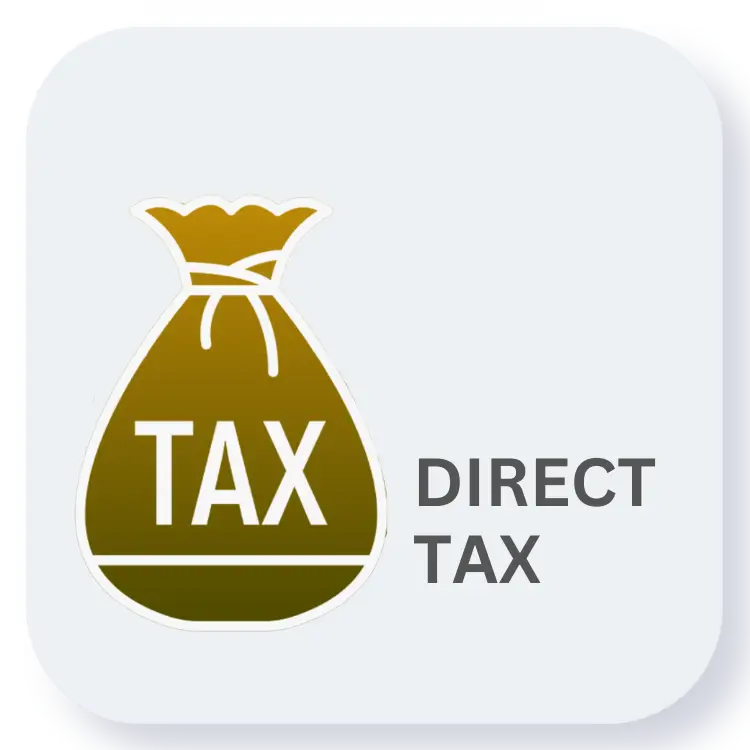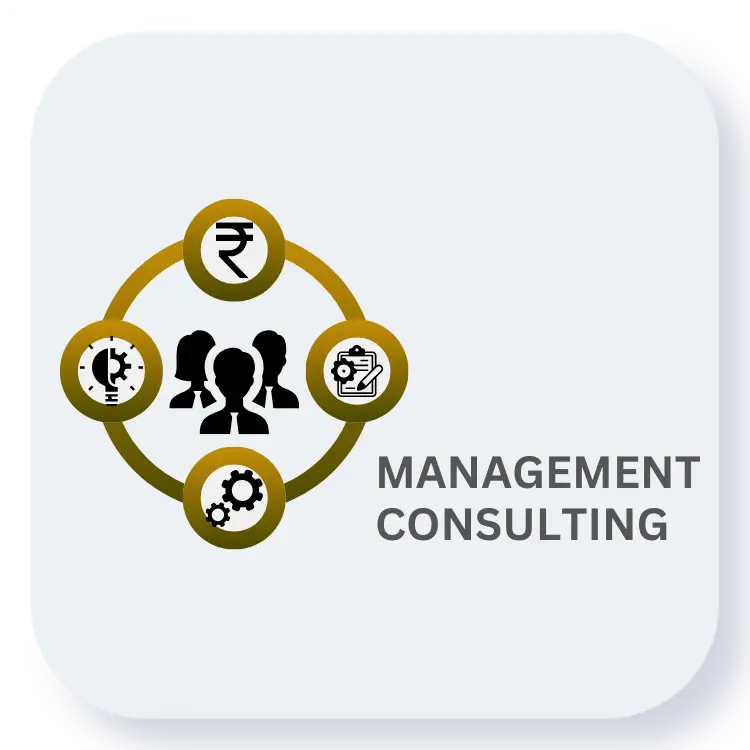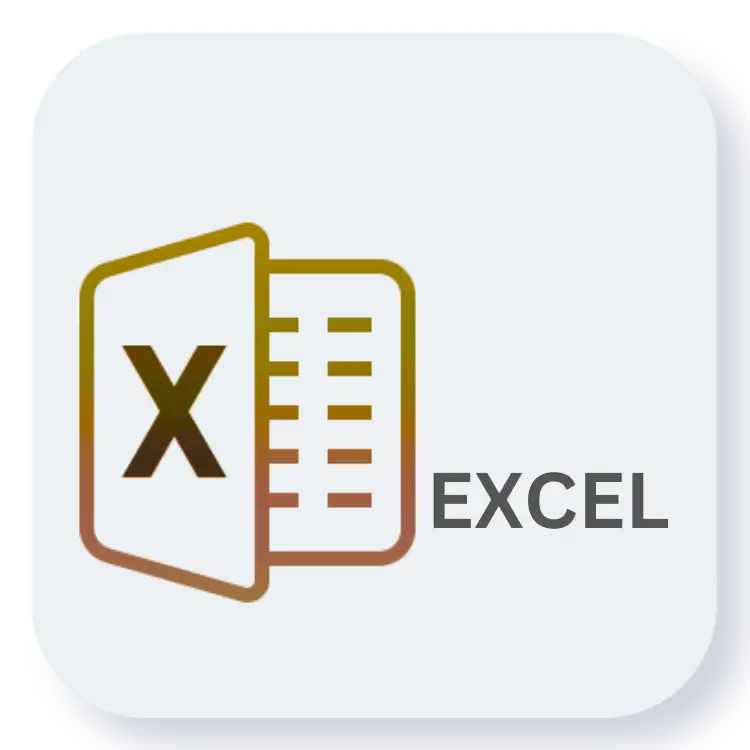Introduction
If you're a freshly qualified Chartered Accountant or still in articleship, you've probably heard that
direct taxation is “too technical,” “not for freshers,” or worse, “only exciting during budget season.”
Let's break that myth.
How to get into direct taxation is not just about clearing interviews -it's about knowing how to
position yourself, develop the right skills, and understand what firms are actually looking for in
fresher profiles.
Whether you're aiming to work at a Big 4, mid-size CA firm, or in-house corporate tax team, this blog is
your complete roadmap. No jargon. No fluff. Just what works.
Why Direct Taxation Is Worth Exploring
Here's the thing: direct taxation is more than just Income Tax Returns and form-filling.
If you're someone who enjoys interpretation of law, applying case rulings, reading between the lines of
Finance Acts, and working on real-world client impact—direct tax gives you all that and more.
Some of the most analytical and well-paying finance jobs for CA in India lie in tax structuring,
litigation support, and transfer pricing.
Still wondering how to get into direct taxation? Let's walk through it.
How to Get into Direct Taxation as a CA: A Realistic Playbook
1. Reposition Your Articleship
Work
Even if your articleship was primarily audit-focused, there's always something you can extract to make
it relevant for tax roles.
Instead of: “Prepared audit reports for listed clients.”
Say: “Assisted in TDS reconciliations, MAT workings, and expense scrutiny under disallowance
sections.”
Even limited exposure to tax notices or 3CD clauses can be positioned smartly.
2. Learn the Bare Minimum Tools
You don't need to master the entire Income Tax Act overnight, but:
- Understand computation of total income and tax liability
- Be familiar with TDS provisions, Section 40 disallowances, and MAT
- Learn how to read tax notices and reply formats
- Basic working knowledge of Excel,
Tally, and tax return software like Winman or Taxbase
Bonus: Following Taxmann updates, Finance Bill analysis, and real-world cases will instantly sharpen
your application muscle.
3. Pick a Subdomain (Not important but usually helpful)
Direct tax isn't one straight path. From here, you can go into:
- Corporate taxation: For listed companies or MNC clients
- Tax litigation: Responding to notices, representing before CIT(A), ITAT
- Transfer Pricing: If you like cross-border transactions
- International tax: Treaties, PE issues, etc.
If you know your area of interest, then it'll be easier for you to filter out companies, roles and
vacancies to apply for. So, it's always better to put in efforts in research so that you figure out what
it is that you truly want to pursue.
Where Do CAs Work in Direct Tax?
Here are a few direct tax firms in India and profile types that often hire CAs:
- Big
4s (Deloitte, PwC, EY, KPMG): In domains like corporate tax, M&A tax,
international tax
- Mid-size CA firms: For compliance and litigation-rich roles
- Law firms with tax divisions: For advisory and opinion drafting
- In-house tax teams: FMCG, tech, pharma companies often build internal teams
These roles usually fall under corporate tax profiles for Chartered Accountants, and are increasingly
popular among CA freshers looking for finance jobs in India.
What Skills Are Needed for Direct Tax Profiles in India?
If you're looking for an answer to the question: how to get into direct taxation, then you must also know
the skills needed to excel in direct tax. Hiring managers often look for:
- Knowledge of tax provisions (even if not deep)
- Awareness of recent amendments or rulings
- Analytical skills to interpret sections and apply case law
- Willingness to learn beyond return filing
- Confidence during notice replies or assessment hearings
Technical depth builds with time—what matters at a fresher level is intent + attitude.
Is Direct Taxation a Good Career for CAs?
If you enjoy structured thinking, working with the law, and don't mind researching through commentaries
and rulings—direct taxation can be highly rewarding.
Unlike audit where work may feel cyclical, taxation is dynamic—new circulars, new amendments, real client
impact.
Also, the taxation career path in India allows you to eventually lead opinions, represent in appellate
forums, or become a policy advisor.
What Is the Salary of a CA in Direct Taxation?
- Mid-size firms (litigation/compliance): ₹7-10 LPA
- Big 4 (corporate tax/transfer pricing): ₹10-15 LPA
- In-house tax teams: ₹9-13 LPA
- Law firms: ₹12-18 LPA depending on exposure
Growth is often faster for those who stay 3-5 years in tax and develop a specialization.
How to Switch from Audit to Direct Tax?
You don't need a complete profile change - just tweak your narrative. Do this:
- Take up short-term tax courses
- Rewrite your resume with a tax-focused lens
- Mention even minor tax tasks in your articleship
- Start applying to firms with hybrid roles (Audit + Tax)
- Over time, you can fully transition into direct taxation
Which Firms Hire CA Freshers for Direct Tax Roles?
Here's a practical list:
- EY, PwC, Deloitte, KPMG - all have direct tax divisions
- Lakshmikumaran & Sridharan, Nishith Desai - law firms with tax wings
- BDO, Grant Thornton, Nangia Andersen - mid-large size setups
- Group companies like Tata, Marico, Hindalco - in-house teams
- Local CA firms handling HNIs and corporates - fast learning and wide exposure
Final Thoughts: How to Get into Direct Taxation as a CA
So if you've been typing “how to get into direct taxation” on Google hoping for clarity - here's the
bottom line:
- Start where you are: articleship, audit, or even fresher
- Speak tax in your resume: don't let experience go wasted
- Pick up tools: from Excel to basic ITR workings
- Apply widely: Big 4, law firms, mid-size, in-house - all
have tax roles
- Don't wait to be “ready” - most skills build on the job
Your CA degree gave you a strong foundation. Now direct taxation can give you a career that's
intellectually challenging, decently paid, and always in demand.
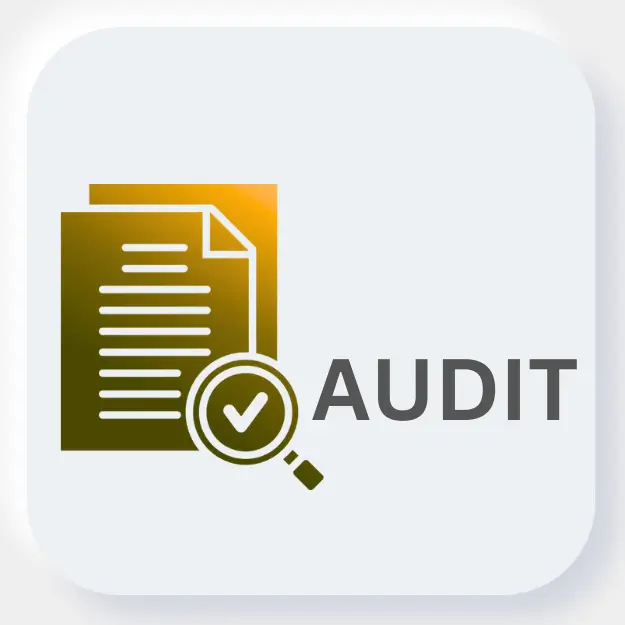
.webp)


